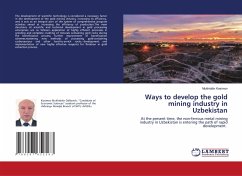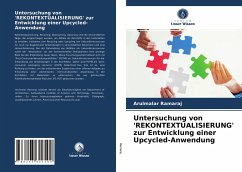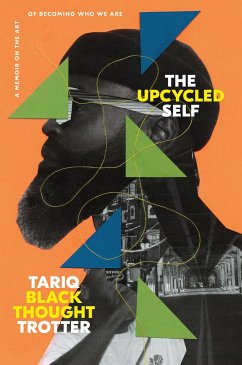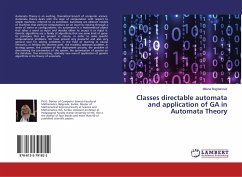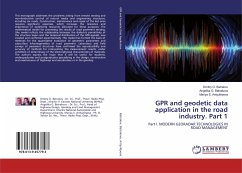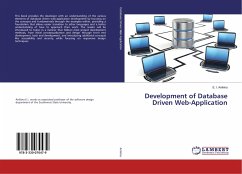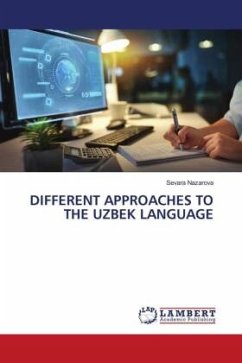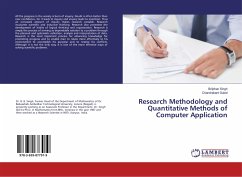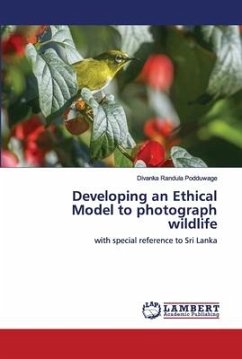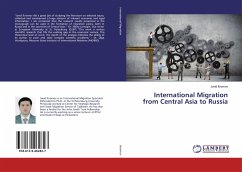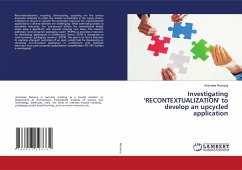
Investigating 'RECONTEXTUALIZATION' to develop an upcycled application
Versandkostenfrei!
Versandfertig in 6-10 Tagen
55,99 €
inkl. MwSt.

PAYBACK Punkte
28 °P sammeln!
Recontextualization, recycling, downcycling, upcycling are the various directions adopted to retain the wastes as feedstock in the supply chains. Initiatives to recycle or upcycle the secondary resources for unprecedented applications in diverse domains are challenging. While addressing wastes as secondary resources, the 'pre-process' before the conventional design phase plays a significant role towards evolving new ideas. This research addresses 'post-consumer packaging waste' (PCPW) as secondary resources for developing applications in architecture. Hence, PCPW is recognized as 'post-consume...
Recontextualization, recycling, downcycling, upcycling are the various directions adopted to retain the wastes as feedstock in the supply chains. Initiatives to recycle or upcycle the secondary resources for unprecedented applications in diverse domains are challenging. While addressing wastes as secondary resources, the 'pre-process' before the conventional design phase plays a significant role towards evolving new ideas. This research addresses 'post-consumer packaging waste' (PCPW) as secondary resources for developing applications in architecture. Hence, PCPW is recognized as 'post-consumer packaging resource' (PCPR). The goal is to find a direction to examine emergent outcomes of an open ended task for developing an elemental non-structural application in architecture with materials extracted from post-consumer polyethylene terephthalate (PC PET) bottles is investigated.



